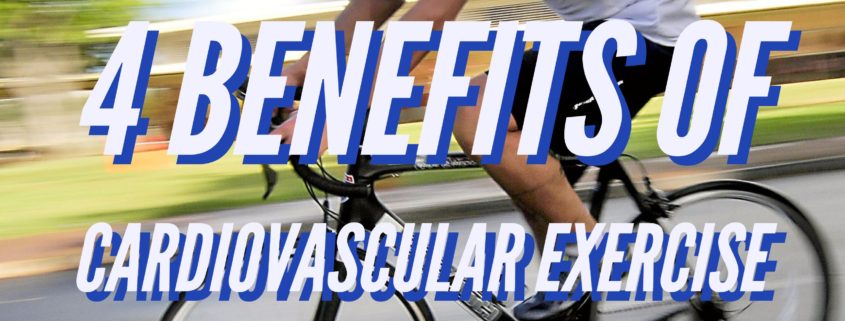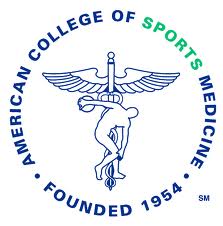4 Benefits of Cardiovascular Exercise
Whether outdoors, in a gym, or at home, exercise can be performed almost anywhere. To be more specific, exercise can be broken down into two basic groups: cardiovascular (aerobic) exercise and strength (anaerobic) exercise. Today we are focusing on cardiovascular exercise. Cardiovascular means cardio (heart) and vascular (veins). It is your “heart vein” system, you could say. Cardiovascular exercise, or “cardio” for short, can be done through a variety of exercises like running, cycling, jump rope, etc. These exercises require consistent breathing; after all, aerobic does mean “with oxygen”. Let us look at a few of the benefits that can be acquired from cardio exercise.
Improved Heart & Lung Function
The lungs bring in oxygen and the oxygen is then transported into the bloodstream. The heart then pumps the oxygen filled blood to the rest of the body. Improving cardio exercise improves the function of both the heart and lungs. With improved heart function, your heart can work much more efficiently. This often leads to improvements in heart rate and blood pressure. With improving cardio exercise, the lungs can take in and deliver oxygen to the bloodstream, as well as remove carbon dioxide more efficiently. Simply, your heart and lungs can do the same work with less effort and strain.
Weight Loss/ Weight Maintenance
A greater amount or intensity of cardio exercise means more calories burned. The body first uses glucose from carbohydrates as its source of energy. After that source is used, the body begins to use fat stores as energy. This helps the body shed excess weight or maintain a healthy body weight. Burning fat stores usually comes with extended cardio exercise sessions (usually about 20 minutes in a session). Also, some individuals begin their day with cardio exercise before eating breakfast to begin burning fat more quickly into their session. However, you may feel less energetic performing cardio exercise on an empty stomach.
Improved Sleeping Habits
Abnormal quantity or quality of sleep can cause issues in personal and professional life. Cardio exercise puts physical stress on the body, and our bodies use sleep as a time to recharge. The amount of exertion through cardio exercise can help us reach a deeper level of sleep. For some, exercising in the evening can help them fall asleep (I fall into this category). For others, it may energize them and make it difficult to fall asleep. If you have a hard time sleeping after exercise, make sure to plan your cardio exercise for earlier in the day.
Reduced Risk of Injury
Cardio exercise has long been associated with building lean muscle. If you see a runner or cyclist, you may notice they usually are not bulky but do have defined muscles. Cardio exercise helps produce stronger and more flexible muscles that can hold up better without strains and tears. Cardio exercise can also lead to a stronger core (abdominal and back muscles). These muscles control and protect postural muscles. Strong core muscles make it easier to rotate the trunk of your body and avoid a hunched-over posture.
As you can see, there are a wide variety of benefits from cardio exercise. I forgot to mention that you also just might enjoy your cardio exercise as well. As mentioned before, there are a wide variety of exercises that are considered cardiovascular. Find which options you enjoy best and slowly work into it. I am sure you will see some of these benefits, if not more, once you build a steady cardiovascular exercise routine for yourself.

CHES, ACE Health Coach, AFPA Nutrition & Wellness Consultant





